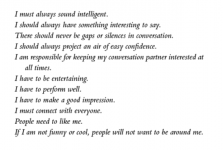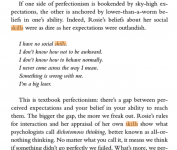David Baxter PhD
Late Founder
How do you know they wouldn't be interesting?
You have interesting conversations here. For example, the ones about geckos, magpies, etc.
You have interesting conversations here. For example, the ones about geckos, magpies, etc.


